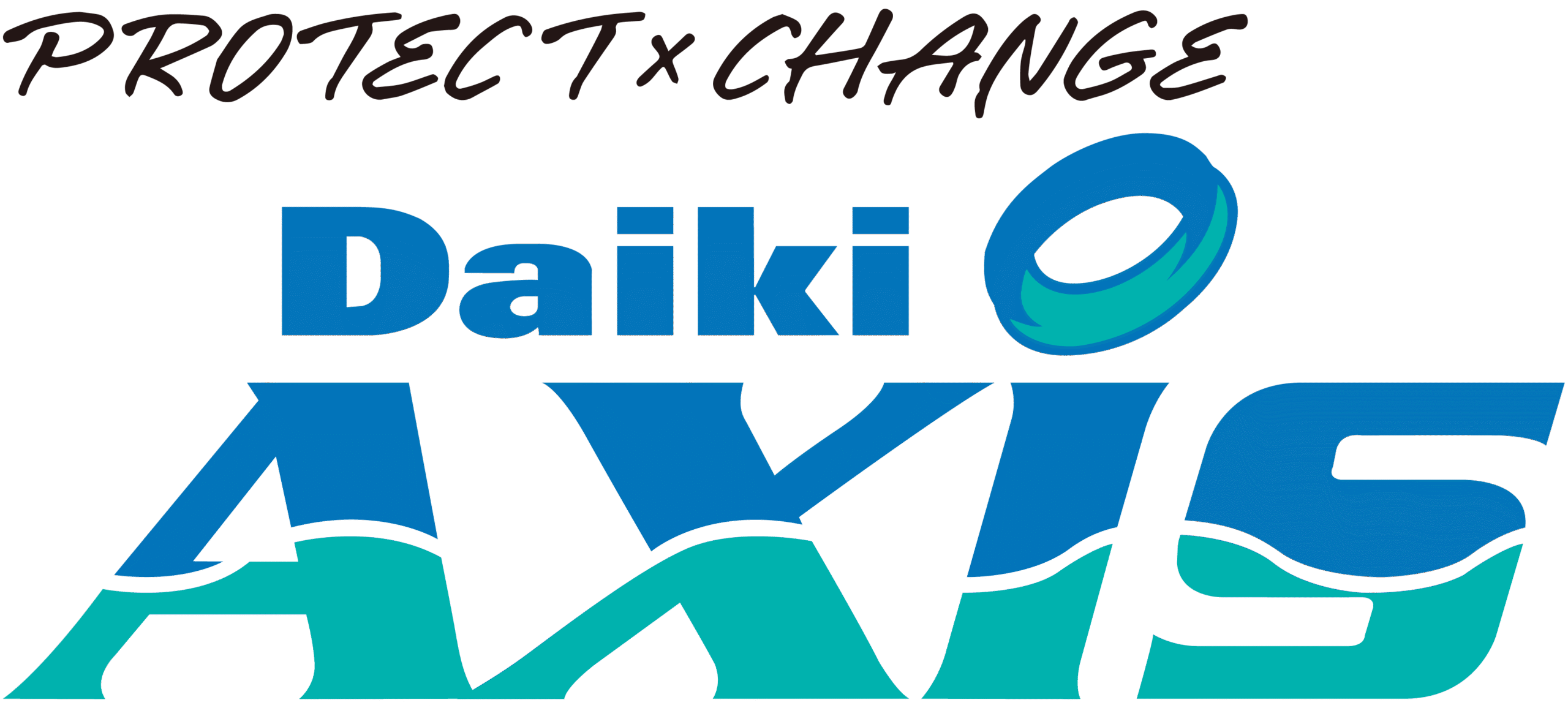According to a 2017 report, 256 out of 700 districts exhibited critical or over-exploited groundwater levels. Presently, around 82 percent of rural families do not have access to piped water , thus rely on unsafe water resources. Washing hands isn’t a luxury that many of us can afford, and so is keeping hydrated.
As per 2020 reports, currently India is experiencing one of the biggest national water crises in the world. Despite impending water crisis, India is one of the world’s highest water users per unit of GDP (GDP).
Water-related diseases account for over 21% of all diseases in the country. Even if drinking water quality improves, many other water sources remain contaminated. In addition, just 33% of the population has access to basic sanitation. Even the river pollution in India has reached alarming levels.
India has paved the way for the Decentralized wastewater treatment approach in an effort to minimize the rising levels of pollution in water bodies caused by untreated sewage disposals. Daiki Axis decentralized STPs are not only helping India in address its water scarcity, but also in achieving its environmental, climatic, clean water, and long-term development goals.
Daiki Axis is helping India to achieve its SDG6 by providing an adequate infrastructure and sanitation facilities and encouraging hygiene.
Daiki Axis decentralized STP Johkasou is empanelled by the Ministry of Jal Shakti (Government of India), it has won the first prize in ‘innovation in water technology’ by FICCI, and it is certified as GreenPro by CII.
Daiki Axis aims to provide the most cost-effective and long-term solution for the Indian market, helping it in achieving its Sustainable development Goals.
Daiki Axis Johkasou has proved its tenacity by dealing with a wide range of waste water variations across the world.
Daiki Axis is providing a commercially feasible water resourcing facility to overcome the challenges of water resourcing.

